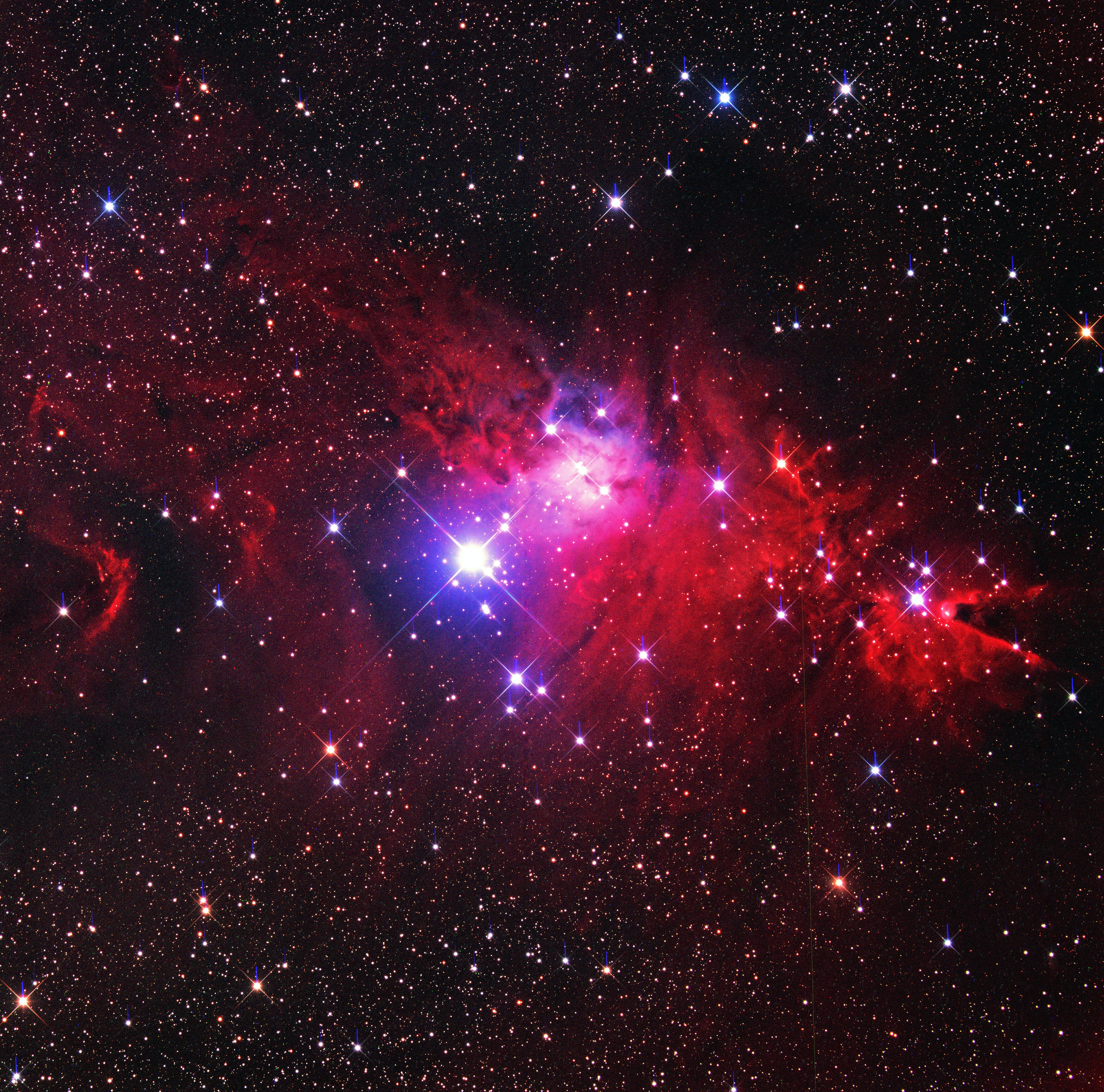Legal & Real Estate
Home, Garden & Decoration
Global Topics
Inside Ibiza
Health & Wellness
Ibiza Optimista
Published in Ibicasa Magazine on 02/08/2021

Contrast that with the way that white settlers came to the North American colonies. They came not as slaves, but as seekers of freedom and opportunity in a new land. Europe in the 17thand 18th centuries was an unhappy place for most people as the kings and aristocracy had all of the wealth and power. The vast majority of the population lived in abject poverty with no rights and little chance for advancement. Across the ocean they envisioned a land of opportunity where they could make a real life for themselves and their children. They came of their own free will to reach this beacon of freedom. That is the exact opposite of the experience of blacks, who were dragged to the colonies in chains to be sold as chattel with no rights and no hope.

The slave trade ended in 1807, but slavery continued in the southern US states. In 1861 eleven of those states declared that they were seceding from the US to preserve their right to have slaves. This caused a violent Civil War that was finally won by the northern states, and slavery was officially abolished in 1865. However the southern states immediately found a way to continue the oppression of their former slaves. They passed what became known as “Jim Crow laws” that took away all rights from black people and controlled every aspect of their lives. It was slavery under another name, and it lasted for 100 more years.

That was the world that MLK was born into - an unjust society created by over 300 years of slavery and violent oppression. After graduating from university, MLK went on to succeed his father as the leader of a famous black church in Atlanta, Georgia. He also followed his father’s footsteps as a civil rights leader - and took it to another level. In 1955, at the age of 26, King became the president of the Southern Christian Leadership Conference. He worked tirelessly to organize protests and peaceful marches throughout the south, bringing attention to the evils of segregation and black people’s lack of voting rights. These demonstrations were ‘peaceful’ only on the side of the nonviolent blacks, as in most cases the protesters were cruelly beaten by the police. Pressure for change was building as the entire country watched these peaceful people being beaten and abused for the ‘crime’ of asking for their legal rights.

“I Have a Dream” showed us the road to racial justice, and how far we still have to go.
“I have a dream that one day this nation will rise up and live out the true meaning of its creed: We hold these truths to be self-evident, that all men are created equal.”
“I have a dream that my four little children will one day live in a nation where they will not be judged by the colour of their skin but by the content of their character. I have a dream today!”

Related Articles

The Mystery of Creation
How did the universe begin? While science points to the Big Bang, is it plausible that everything emerged randomly from a speck of matter? Integrating traditional beliefs i... READ MORE
How did the universe begin? While science points to the Big Bang, is it plausible that everything emerged randomly from a speck of matter? Integrating traditional beliefs in a deity with the materialistic scientific perspective may offer a more complete understanding. Some propose consciousness p... READ MORE

CO-HOUSING: A New Way of Living
In response to the fast-paced world, co-housing communities offer an alternative approach. Independent residents collaborate in designing and operating sustainable neighbor... READ MORE
In response to the fast-paced world, co-housing communities offer an alternative approach. Independent residents collaborate in designing and operating sustainable neighborhoods, promoting shared values and harmonious living. Originating in Denmark in the '60s, this concept has seen a recent resu... READ MORE

Reflections on Covid-19
The Covid-19 pandemic unfolded gradually, with initial perceptions of minimal threat evolving into a global crisis. Questions surround the virus's origin, with speculation ... READ MORE
The Covid-19 pandemic unfolded gradually, with initial perceptions of minimal threat evolving into a global crisis. Questions surround the virus's origin, with speculation about a laboratory connection. Governments, facing unprecedented challenges, implemented varying degrees of lockdown. The res... READ MORE

MUHAMMAD ALI: 1942-2016
READ MORE
READ MORE
© Copyright 2024
Ibicasa Home and Services.